Israel's presence in Persian Gulf source of crisis, tension in region: Iran's top security official
The secretary of Iran’s Supreme National Security Council (SNSC) says the presence of Israel in the Persian Gulf region will only lead to increased tensions in the region as a result of the Zionist regime’s Iranophobic policies.
Ali Shamkhani made the remarks while addressing a gathering of Iran’s diplomatic missions in the neighboring countries, in which he emphasized the need for adoption of strategies, which would lead to more synergism and convergence among regional countries, especially between Iran and its neighbors.
“Elimination of any form of tension and even misunderstanding, all-out development of cooperation, especially in economic, defense and security fields, and promotion of strategic partnership are among the most important priorities of Iran’s foreign policy with regard to its neighbors,” Iran’s security chief said.
Shamkhani added that promoting Iranophobia and creating tension in Iran’s relations with its neighbors are among major strategies pursued by the Zionist regime.
“This is why we believe that any presence of this [Zionist] regime in the Persian Gulf would create crisis and tension and would be detrimental to the interests of regional countries and nations,” he said.
Pointing to the declining hegemonic power of the US concurrent with the growing development of emerging powers, he noted, "These conditions have led to fundamental changes and also given birth to new tensions and major rivalries with the US at global level."
The senior Iranian security official cited the defeat of the so-called "maximum pressure" policy pursued by the US and its allies against Iran as one of the most important cases of recent developments on global scale.
Back in May 2018, then US President Donald Trump unilaterally withdrew the US from the nuclear agreement reached under his predecessor Barack Obama, calling it the “worst deal ever,” vowing to press Tehran into negotiating a new deal through a “maximum pressure” campaign that included tough economic sanctions and military provocations.
Tehran, which has verifiably asserted that it does not seek to develop nuclear weapons, adopted what it called the “maximum resistance” policy and successfully weathered the US pressure, while pushing the other parties to the deal, officially known as the JCPOA, to honor their commitments and stand up to US bullying.
"At the present time, all major players in the region and the world have admitted that not only has the US maximum pressure failed thanks to the unparalleled resistance of the Iranian nation, but Iran and the resistance front have managed to overcome one of the most important factors of insecurity in the region, i.e. Daesh, and have destroyed the epicenter of US-organized terrorism" in the region, Shamkhani pointed out.
Epstein files fallout: Norwegian police launch corruption probe into veteran diplomat
VIDEO | Iranian embassy in China celebrates Islamic Revolution anniversary
VIDEO | UK police arrest Palestinian journalist, Press TV contributor
VIDEO | Fighting British state
UN chief condemns new Israeli annexation project in occupied West Bank
Araghchi briefs foreign ministers of Turkey, Egypt and S. Arabia on US talks
JD Vance’s Caucasus trip deepens concerns over sovereignty, security and US meddling
VIDEO | Press TV's news headlines


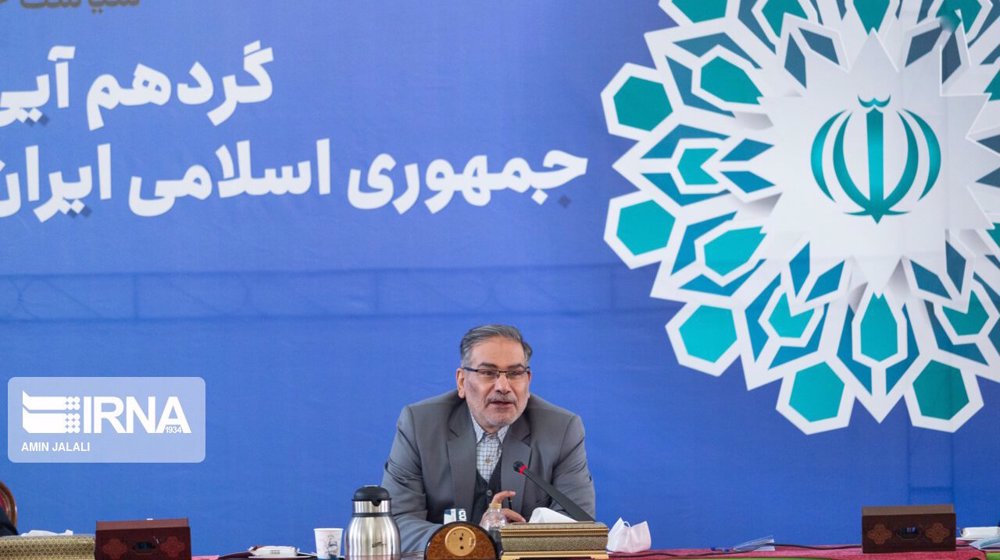
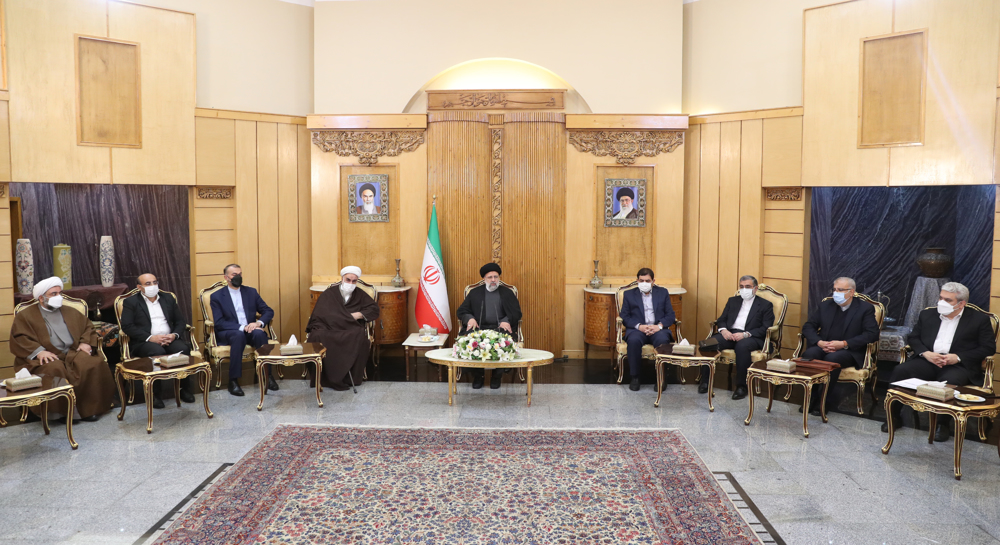
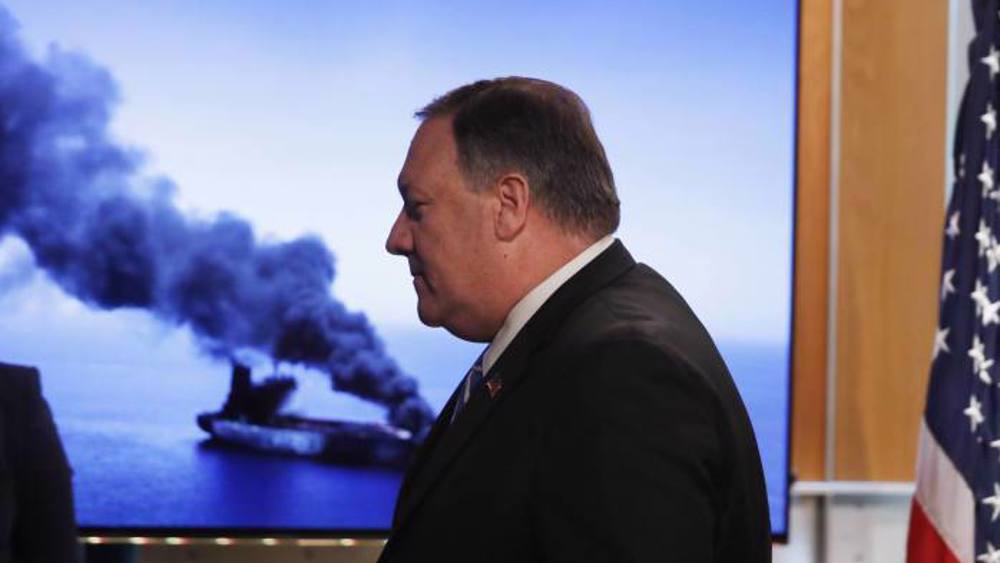
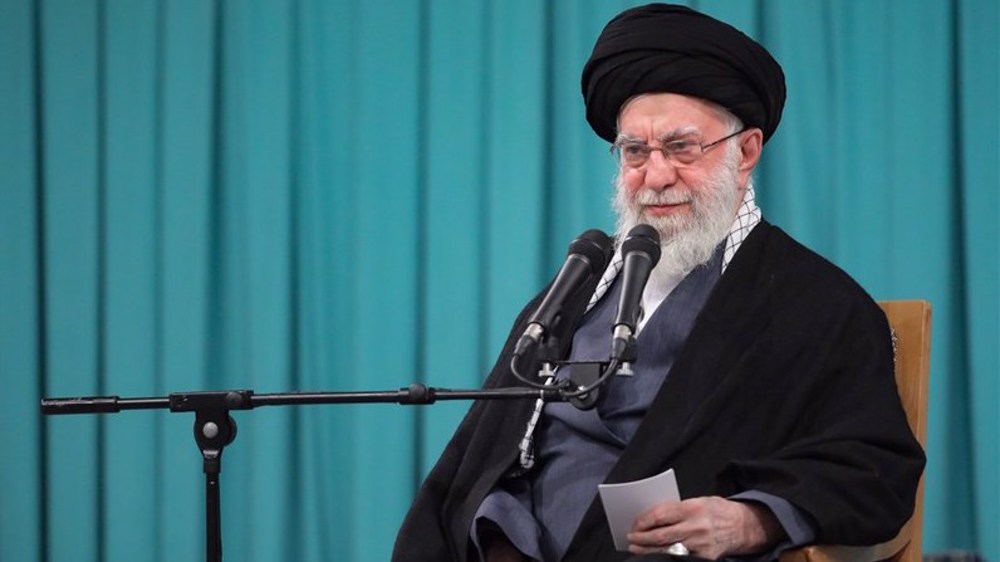
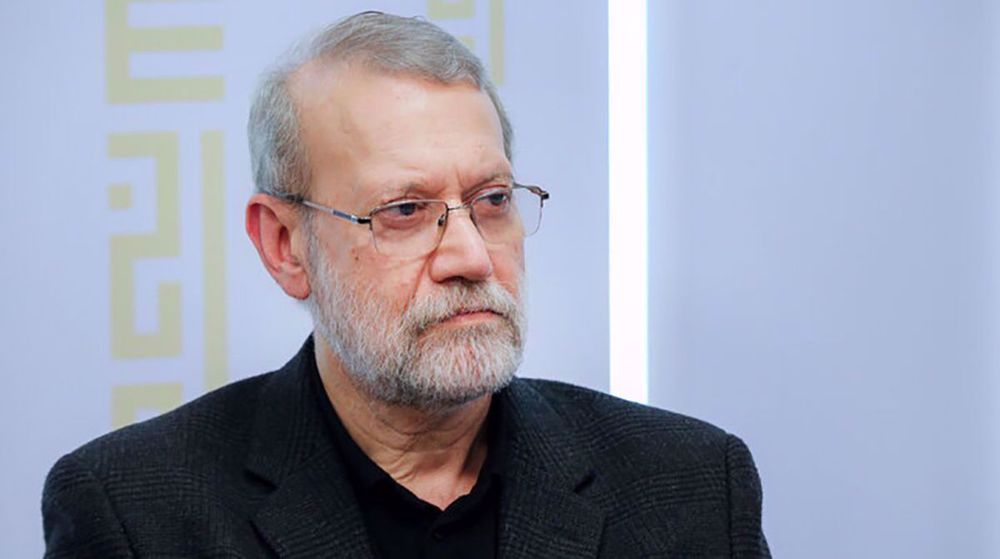
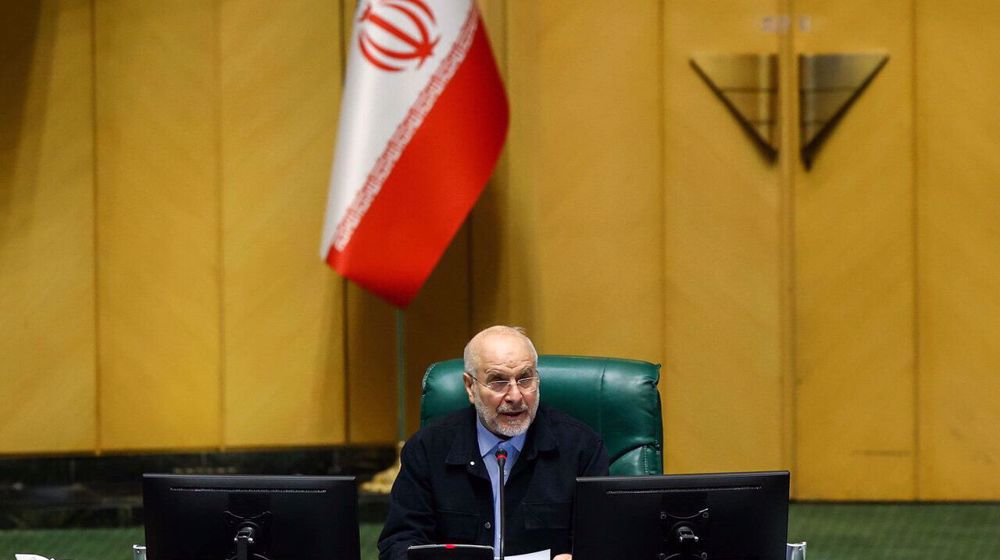




 This makes it easy to access the Press TV website
This makes it easy to access the Press TV website